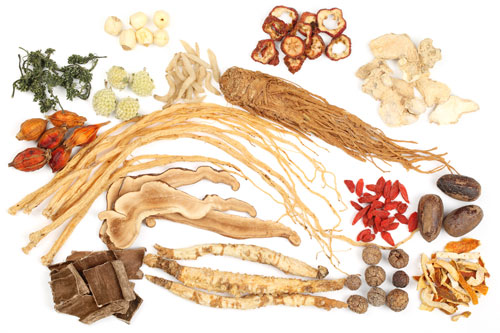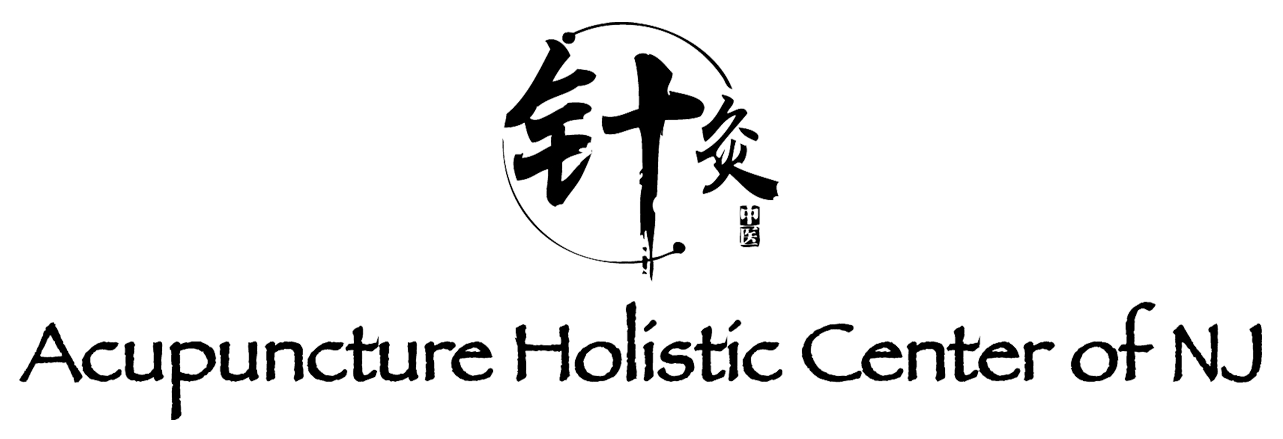Chinese Herbal Medicine
Chinese Herbal Medicine has been practiced for over 5,000 years. It is a diagnostic and treatment art based on thousands of years of clinical experience. It is a primary component of Traditional Chinese Medicine (TCM). The TCM diagnosis and treatment system is holistic, based on the idea that no single part can be understood except in its relation to the whole. A symptom is looked at as a part of a totality. A disease condition is considered to be as the result (or manifestation) of “blockage”, or “imbalances” within the body or between the body and various environmental factors. The aim of Chinese Medicine is not to prescribe an herbal ingredient or herbal formula to treat a particular manifestation, but to help the patient’s stressed organ systems operate in a more natural, balanced state.

In contrast, Modern Medicine is disease oriented. It starts with a symptom and then seeks a specific chemical compound to kill a virus and cure the disease. A characteristic of modern medicine is that the same drugs are used to treat patients with the same disease.
Prescribing an herbal formula is a complex and dynamic process. In Chinese Herbal Medicine, not everyone with the same disease or problem is given the same herbal formula. This is because each individual has a unique constitution and relationship to the environment. During a treatment course for a specific patient, the formulas can often be modified or changed based on the development of the recovery.
Conditions that Chinese Herbs Treat
Chinese Herbal Medicine is a comprehensive diagnostic and treatment system that has existed for thousands of years. It can effectively treat a wide variety of acute and chronic conditions in all individuals including infants, the elderly, and pregnant women. For many chronic diseases and disorders, Chinese Herbal Medicine exceeds Western Medicine in effectiveness and safety.
Below are some of the conditions that Chinese Herbal Medicine can treat:
| Systems | Diseases or Disorders |
|---|---|
| Respiratory Conditions | colds, cough, allergies, asthma, emphysema, sinusitis and bronchitis. |
| Emotional Conditions | stress, anxiety, depression, and mood swings. |
| Gastrointestinal Conditions | diarrhea, constipation, acid reflex, indigestion, gastritis and ulcers, irritable bowel syndromes (IBS) . |
| Urogenital Conditions | prostatitis and sexual dysfunction, UTI |
| Gynecological Conditions | irregular or painful menstruation, infertility, PMS, menopause symptoms |
| Musculoskeletal and Neurological Conditions | neuralgia, migraine headaches, insomnia, dizziness, low back, neck and shoulder pain, fibromyalgia |
| Circulatory Conditions | hypertension, angina pectoris, arteriosclerosis and anemia |
Cautions:
1. Most states do not regulate herbal remedies because herbs are listed as “dietary supplements” under current Federal laws. Occasionally there are reports of misuse of herbal products by ill-trained practitioners or for commercial purposes. Please work only with a licensed or certified Chinese herbalist to ensure that you get the best care.
2. Having a diagnostic evaluation from a physician will be helpful for a Chinese Herbalist to treat you.
3. A second opinion will be appropriate if your conditions are not improving after receiving treatment for a reasonable time from one herbalist. You may need a re-evaluation from other practitioners.
4. Some Chinese herbs can be hazardous for pregnant women or may affect liver functions for long-term use.
